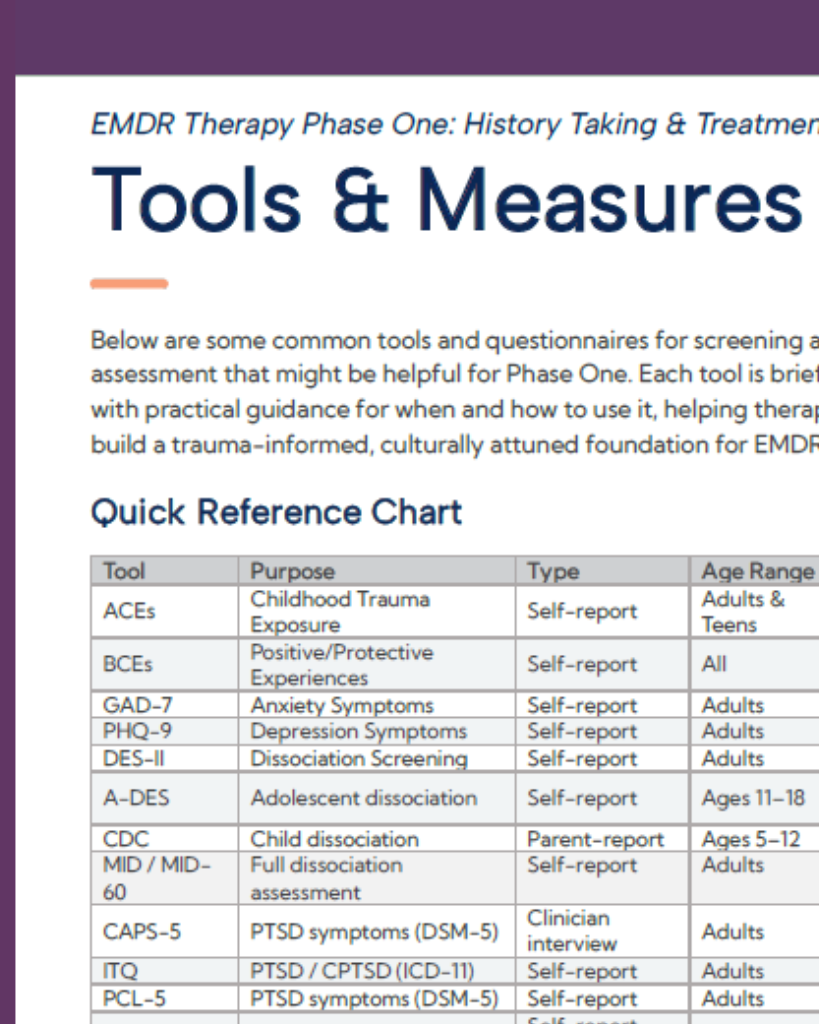A brief measure for assessing generalized anxiety disorder: the GAD-7
Study to develop a brief self-report scale to identify probable cases of generalized anxiety disorder and evaluate validity.
Resource Abstract
“Background: Generalized anxiety disorder (GAD) is one of the most common mental disorders; however, there is no brief clinical measure for assessing GAD. The objective of this study was to develop a brief self-report scale to identify probable cases of GAD and evaluate its reliability and validity.
Methods: A criterion-standard study was performed in 15 primary care clinics in the United States from November 2004 through June 2005. Of a total of 2740 adult patients completing a study questionnaire, 965 patients had a telephone interview with a mental health professional within 1 week. For criterion and construct validity, GAD self-report scale diagnoses were compared with independent diagnoses made by mental health professionals; functional status measures; disability days; and health care use.
Results: A 7-item anxiety scale (GAD-7) had good reliability, as well as criterion, construct, factorial, and procedural validity. A cut point was identified that optimized sensitivity (89%) and specificity (82%). Increasing scores on the scale were strongly associated with multiple domains of functional impairment (all 6 Medical Outcomes Study Short-Form General Health Survey scales and disability days). Although GAD and depression symptoms frequently co-occurred, factor analysis confirmed them as distinct dimensions. Moreover, GAD and depression symptoms had differing but independent effects on functional impairment and disability. There was good agreement between self-report and interviewer-administered versions of the scale.
Conclusion: The GAD-7 is a valid and efficient tool for screening for GAD and assessing its severity in clinical practice and research.”
—Description from publisher
Resource Access
Purchase/Subscription Required
Spitzer, R. L., Kroenke, K., Williams, J. B. W., & Löwe, B. (2006). A brief measure for assessing generalized anxiety disorder: The GAD-7. Archives of Internal Medicine, 166(10), 1092–1097. https://doi.org/10.1001/archinte.166.10.1092
Date
May 22, 2006
Creator(s)
Robert L. Spitzer, Kurt Kroenke, Janet B. W. Williams
Contributor(s)
Bernd Löwe
Topics
Anxiety/Panic/Phobias
Extent
6 pages
Publisher
American Medical Association
Rights
Copyright © 2006, American Medical Association
APA Citation
Spitzer, R. L., Kroenke, K., Williams, J. B. W., & Löwe, B. (2006). A brief measure for assessing generalized anxiety disorder: The GAD-7. Archives of Internal Medicine, 166(10), 1092–1097. https://doi.org/10.1001/archinte.166.10.1092
Audience
Other Mental Health Professionals
Language
English
Content Type
Article, Screening Tool
Access Type
External Resource, Paid Access




